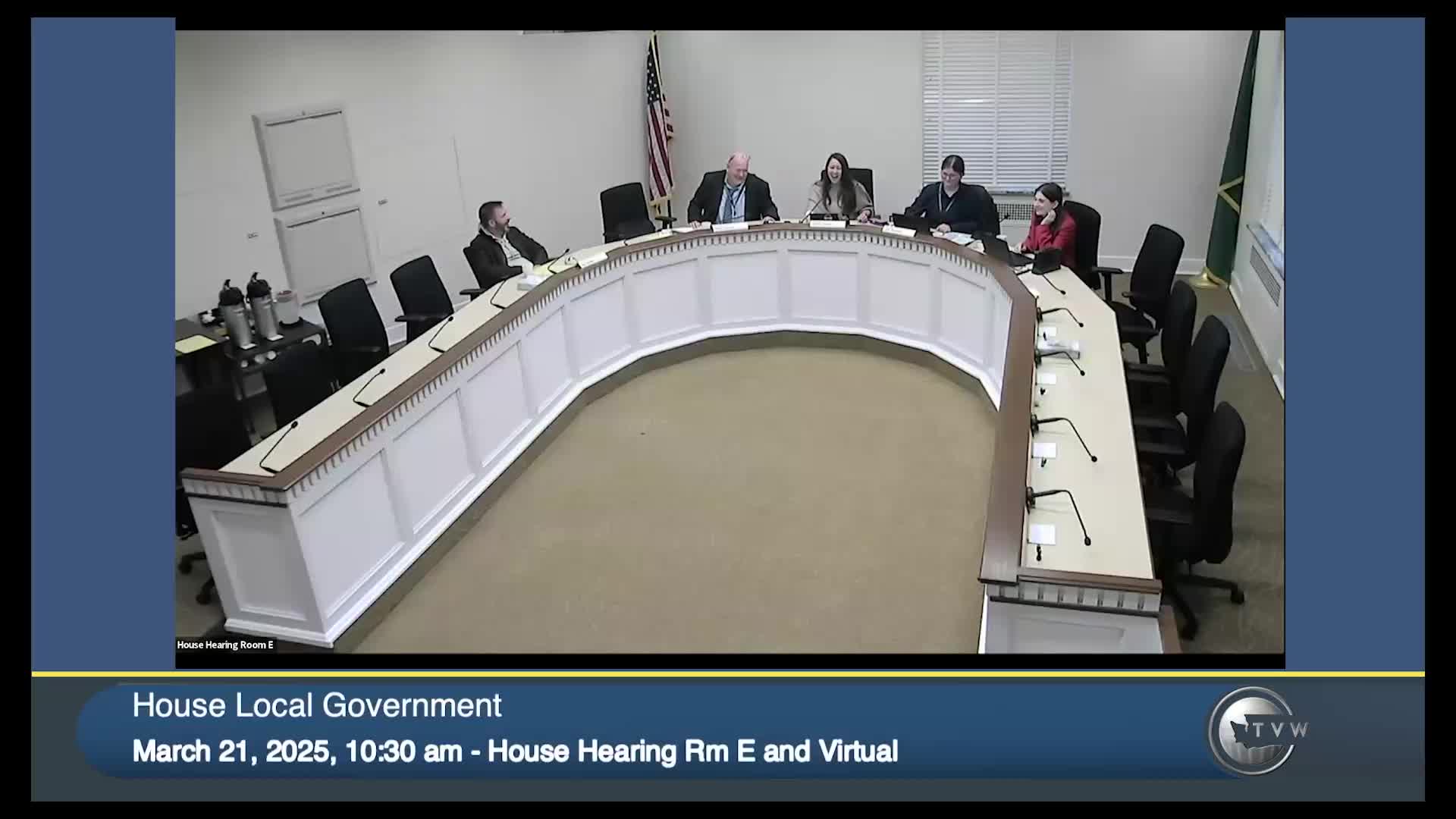Article not found
This article is no longer available. But don't worry—we've gathered other articles that discuss the same topic.
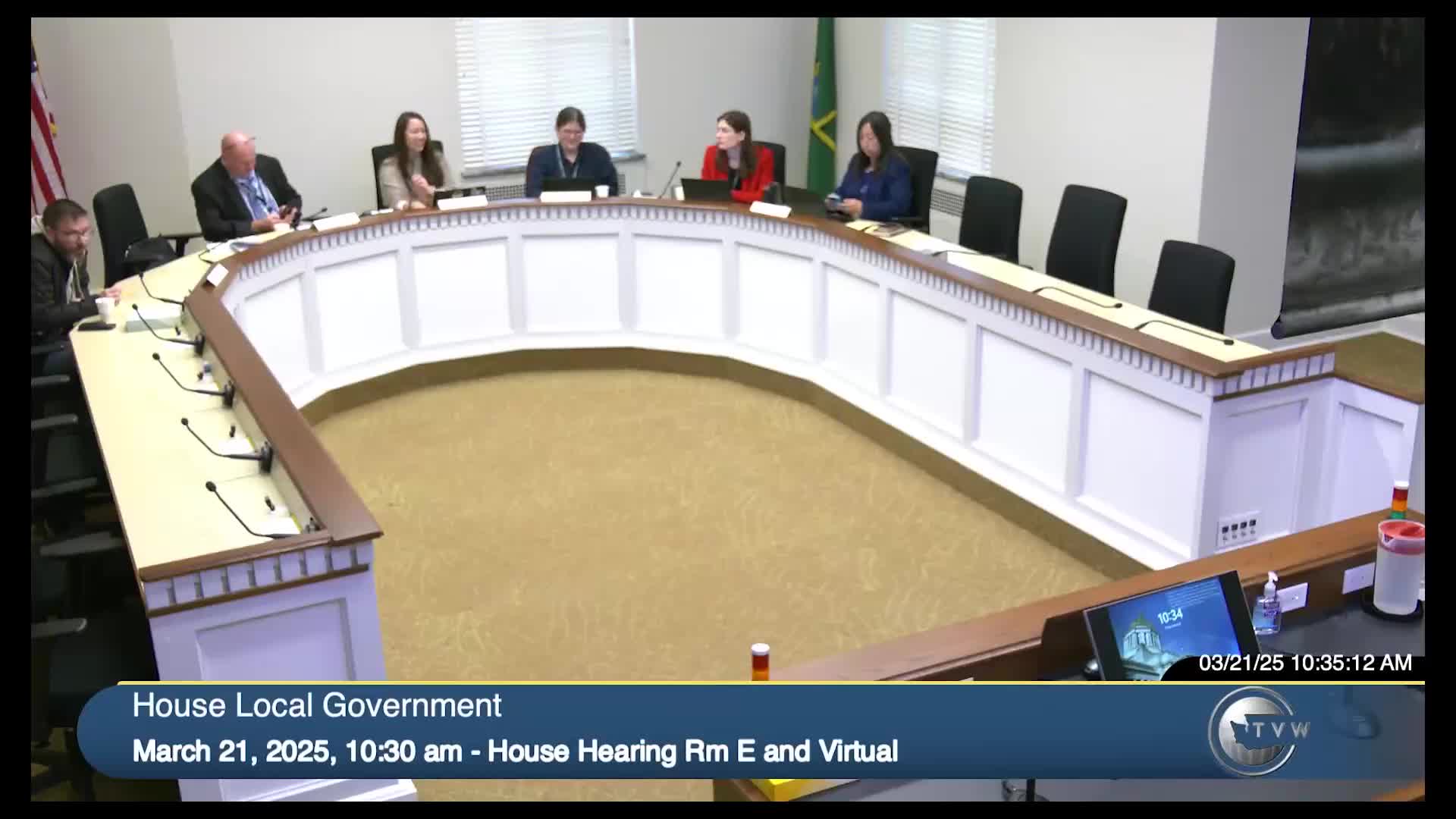
Committee extends comprehensive‑plan deadline for some jurisdictions
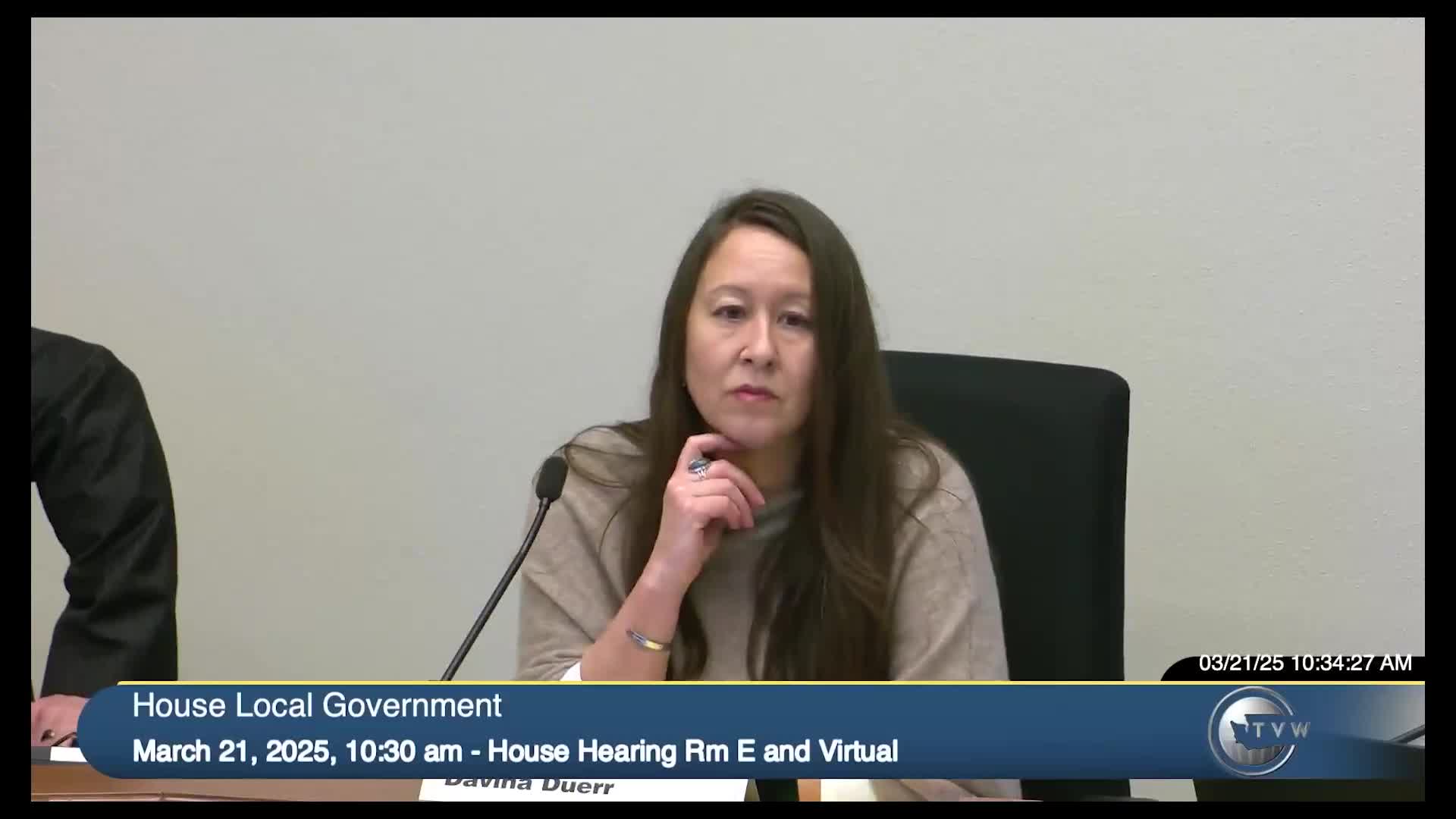
Committee adopts amendment to bar local bans on non‑load‑bearing exterior cladding, exempting historic properties
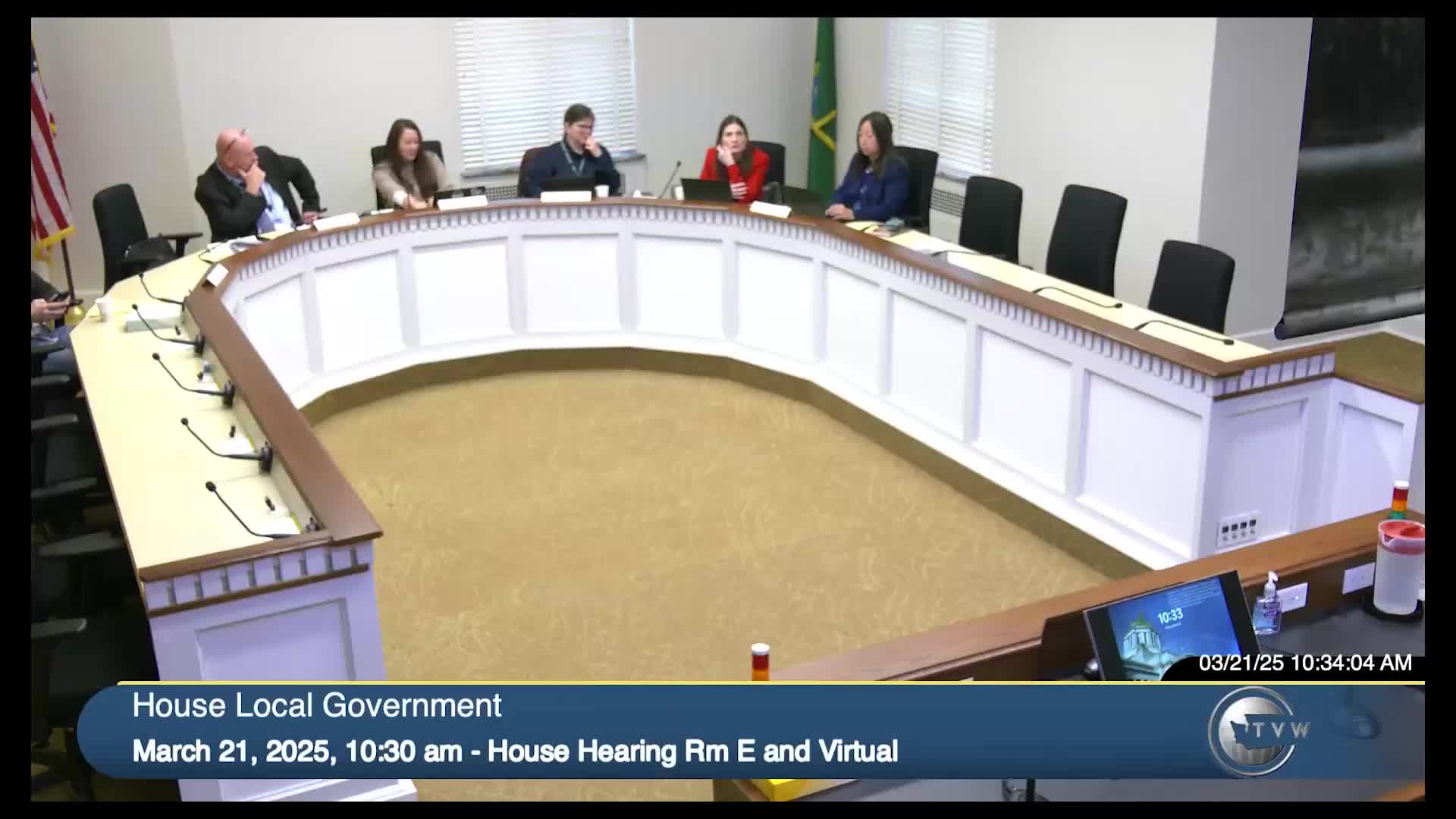
Committee forwards bill to require childcare as permitted use in most zones
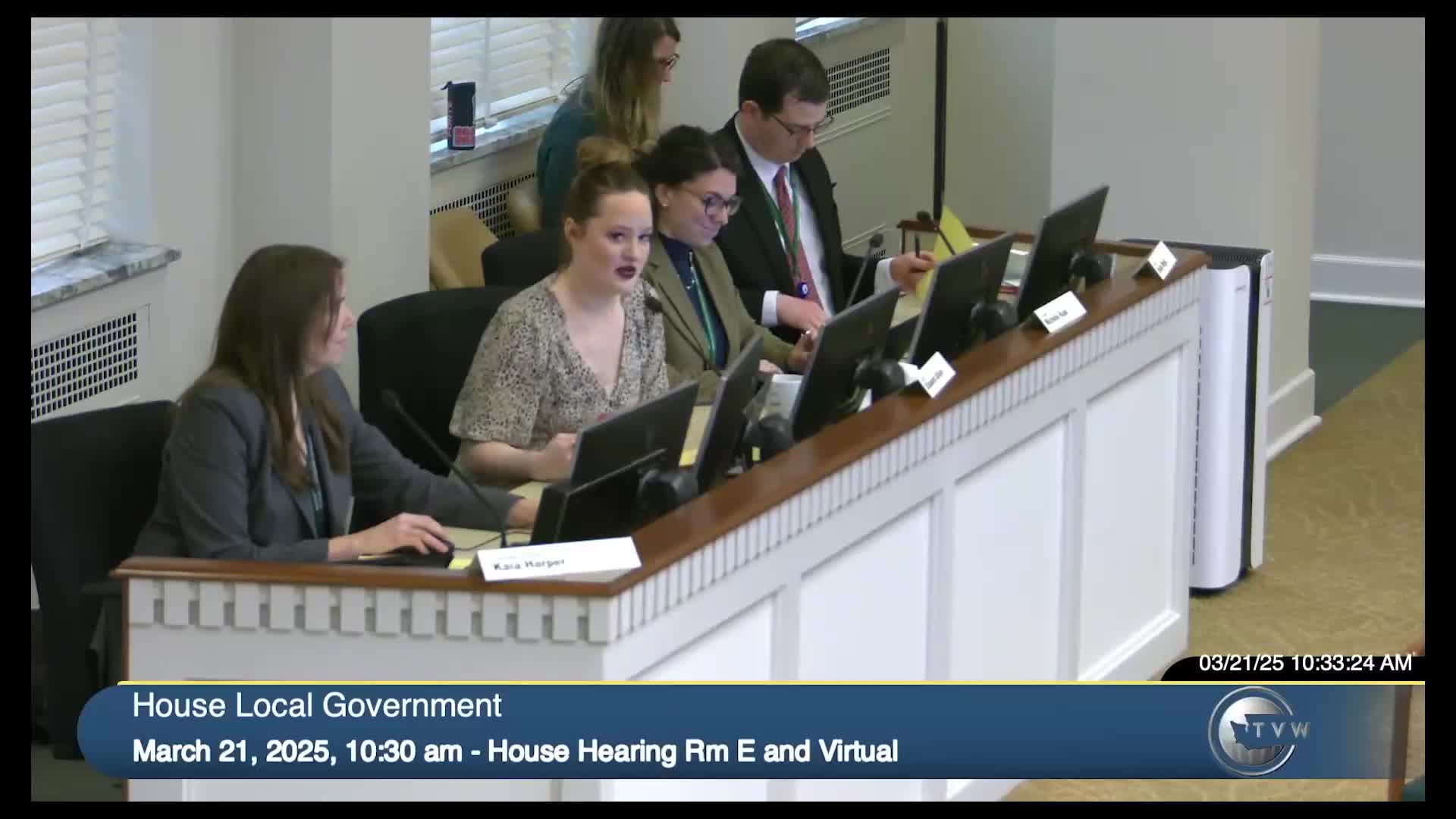
Committee approves unit-lot subdivision bill to help middle housing ownership
